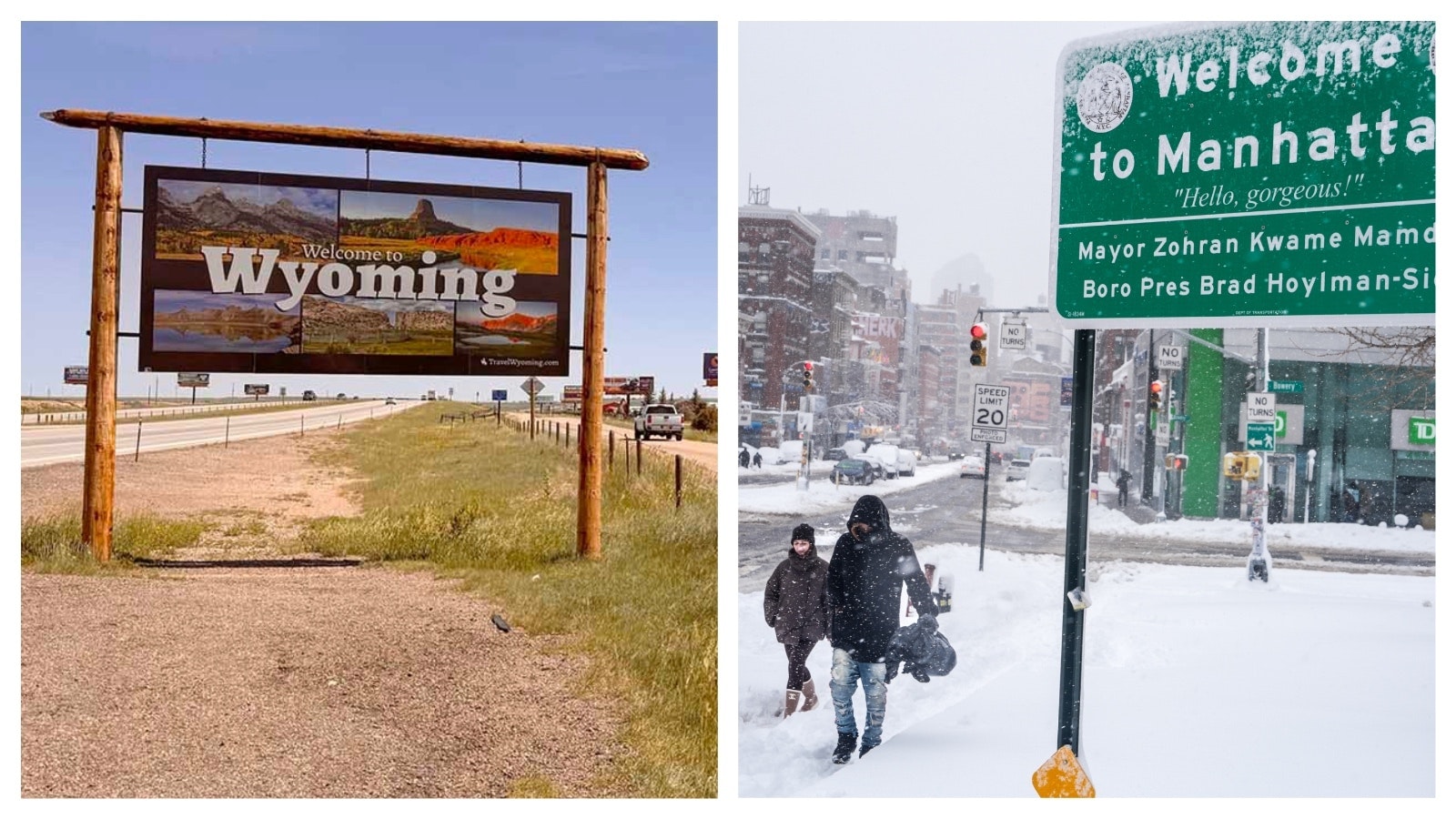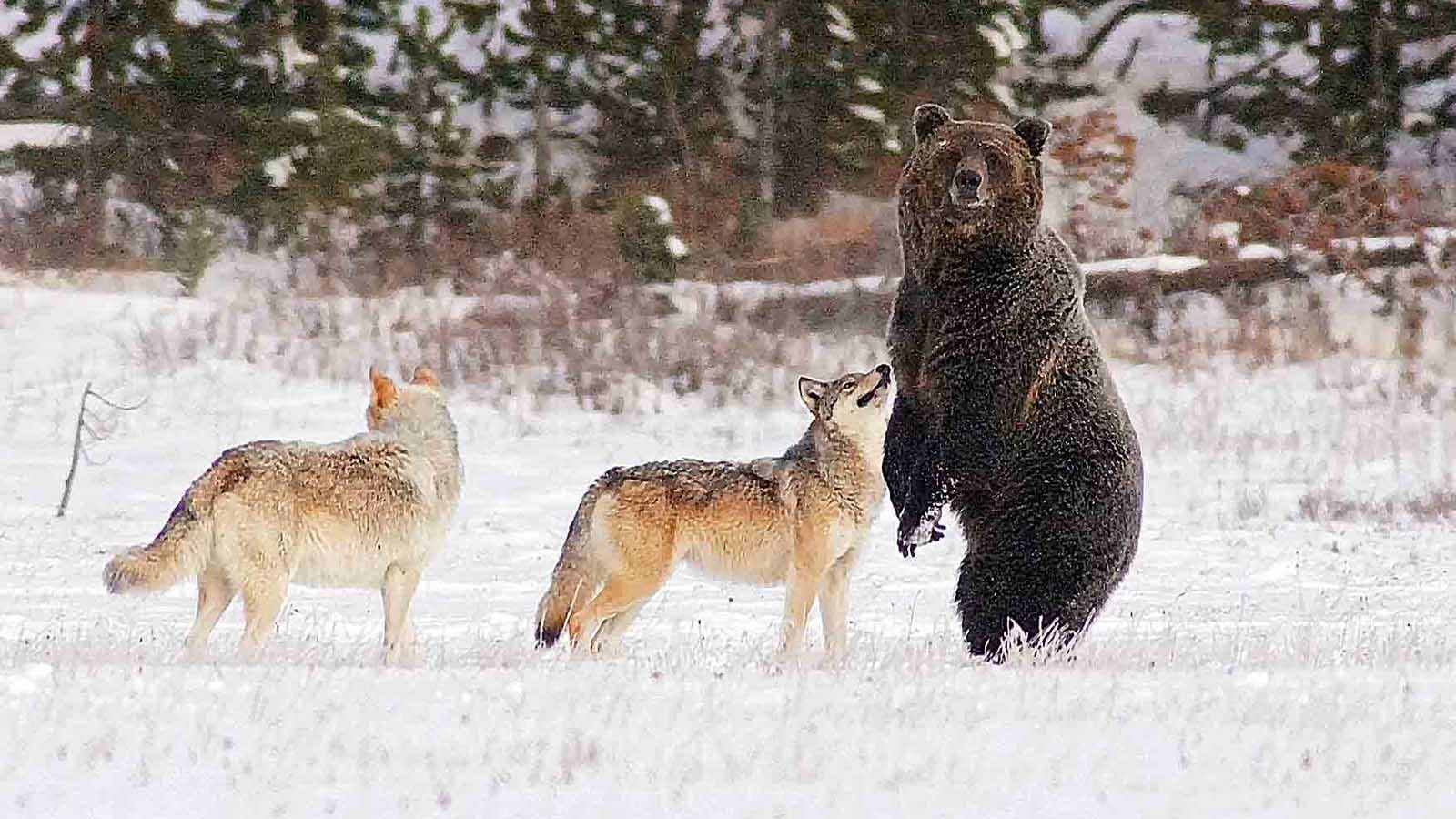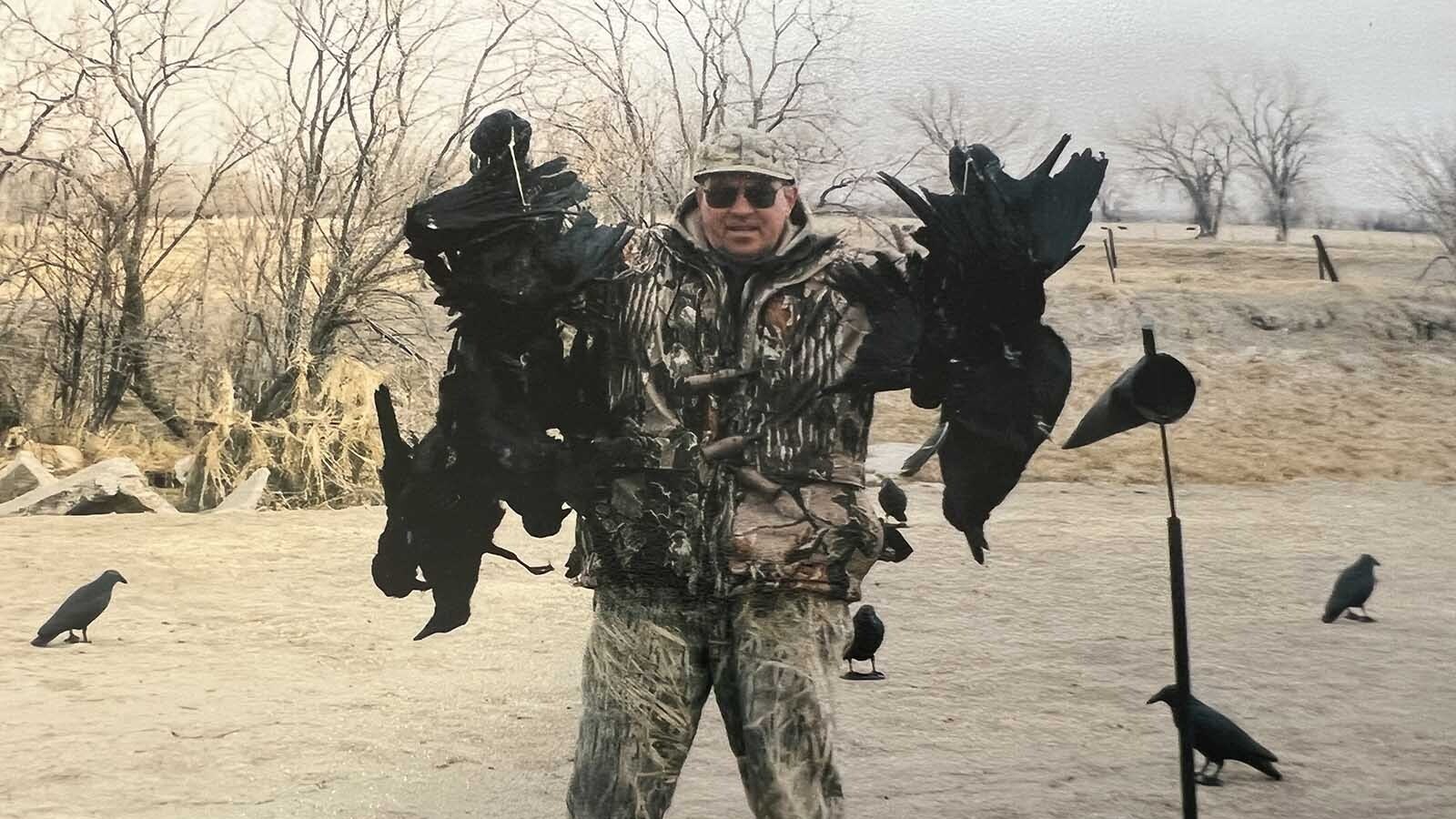Only eight months after being reintroduced to Colorado, a pack of wolves is being trapped and possibly relocated because they’ve killed too many sheep and cattle.
Colorado Parks and Wildlife (CPW) announced Wednesday that state and federal wildlife agents “have begun an operation to capture and relocate wolves from the depredating Copper Creek wolf pack,” according to a statement from CPW.
The Copper Creek Pack is in Grand County, Colorado, which has seen the greatest loss of sheep and cattle.
Between April and mid-July, 16 cattle and sheep were confirmed killed by wolves in Colorado, many of them in Grand County in the northern part of the state, according to CPW’s wolf depredation report.
On July 28, an incident involving eight sheep was reported in Grand County. That incident is still under investigation, according to CPW, which did not specify how many of the sheep were killed.
It’s The Wolf Pack With Pups
The Copper Creek pack has at least three pups that are about 3 months old and 40-50 pounds each.
CPW decided to trap the pack after consulting with multiple affected parties, according to the agency’s statement.
“The decision to capture and relocate the Copper Creek pack was made with the careful consideration of multiple factors and feedback from many different stakeholders,” CPW Director Jeff Davis said in the statement.
“Our options in this unique case were very limited, and this action is by no means a precedent for how CPW will resolve wolf-livestock conflict moving forward,” Davis added.
CPW wouldn’t disclose whether the wolves will be immediately released back into the wild or where that might be.
“The ultimate goal of the operation is to relocate the pack to another location while we assess our best options for them to continue to contribute to the successful restoration of wolves in Colorado,” Davis stated.
Will They Just Go Back?
Trapping and moving an entire wolf pack is an unusual approach, wolf biologist Doug Smith told Cowboy State Daily.
If the wolves are released back into the wild, it could be anybody’s guess as to whether they’ll just head back to where they came from, said Smith, who led the wolf program in Yellowstone National Park for nearly three decades before retiring.
“We either killed or immediately translocated (problem wolves), and they would often head back,” Smith said. “They (the Copper Creek pack) are essentially acclimating though, so maybe they won’t go back. It’s hard to say.”
Just Ship ’Em Back To Oregon
Meeker, Colorado, rancher Howard Cooper told Cowboy State Daily that CPW should just take the wolves back to Oregon where they came from.
Colorado’s wolf reintroduction program was initiated by Proposition 114, which Colorado voters passed in 2020 by the slimmest of margins, 50.91% to 49.09%.
After Wyoming, Montana and Idaho refused to give Colorado any wolves, Oregon agreed to provide 10 wolves for the reintroductions.
Those wolves were released in Colorado in December 2023.
Many, including Cooper, criticized CPW for allegedly breaking its own rules by bringing in the Oregon wolves.
CPW had promised it wouldn’t bring in any wolves that had been involved in killing cattle. But critics said the wolves had come from packs that killed cattle in Oregon.
“If the wolves that they are picking up now are wolves that have previously killed livestock in Oregon, then those wolves should be returned to Oregon,” Cooper said.
What’s more, “scat samples” from the Copper Creek pack indicate that some of those wolves are infected with tapeworms, Cooper said.
That’s all the more reason to send those wolves back to their state of origin, he said.
If any of the wolves that CPW is trapping are set loose in the wild again, it should be in southwest Colorado, in accordance to Proposition 114.
Grand County is in northwest Colorado near the Wyoming state line.
“If they any of the wolves haven’t killed cattle and they don’t have tapeworm, then put them in southwest Colorado because that’s what the voters wanted,” Cooper said.
Lawsuit Is Still On
Cooper is a member of the Colorado Conservation Alliance. That’s a group of ranchers, outfitters and others that is suing CPW and the U.S. Fish and Wildlife Service (FWS) over the Colorado wolf reintroductions.
The alliance is claiming that CPW and FWS didn’t follow proper federal environmental rules. They also contend that the reintroduced wolves as a “non-native species” and a threat to Mexican wolves — which are in Arizona and New Mexico and might eventually come to Colorado, Cooper said.
The alliance is also claiming that the wolves are infected with tapeworms, and that CPW and FWS haven’t provided proper compensation to ranchers and local business owners for losses to wolves.
CPW’s announcement that the Copper Creek pack will be captured and relocated hasn’t changed the alliance’s plan. Its lawsuit will go forward in federal district court, he said.
Mark Heinz can be reached at mark@cowboystatedaily.com.





